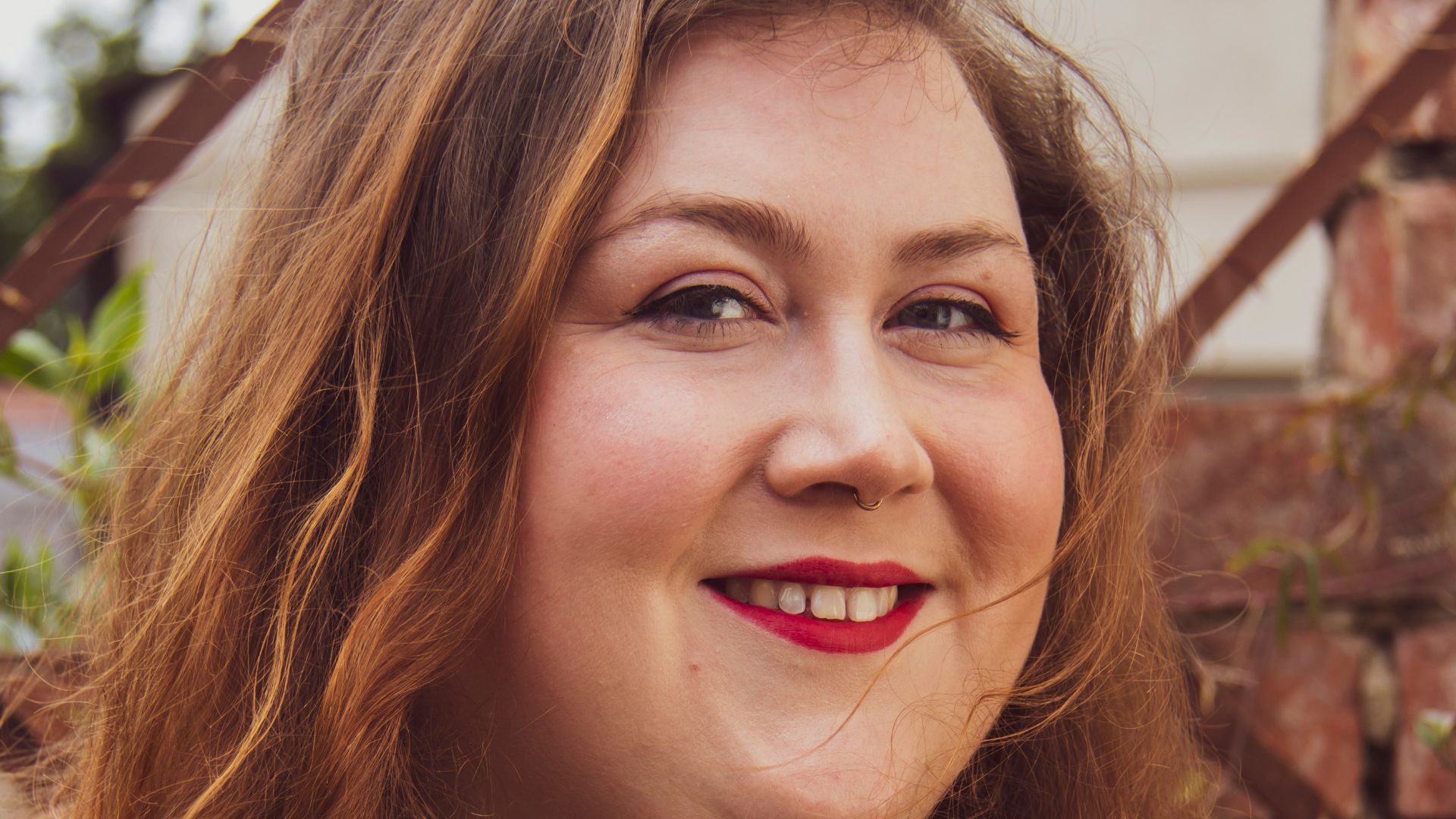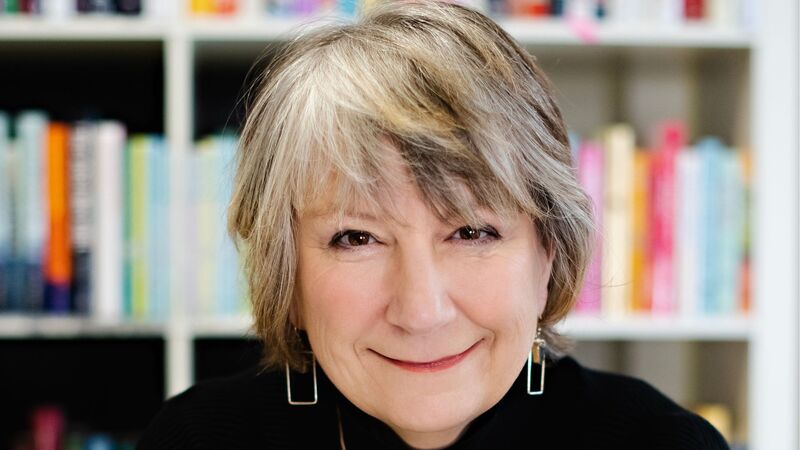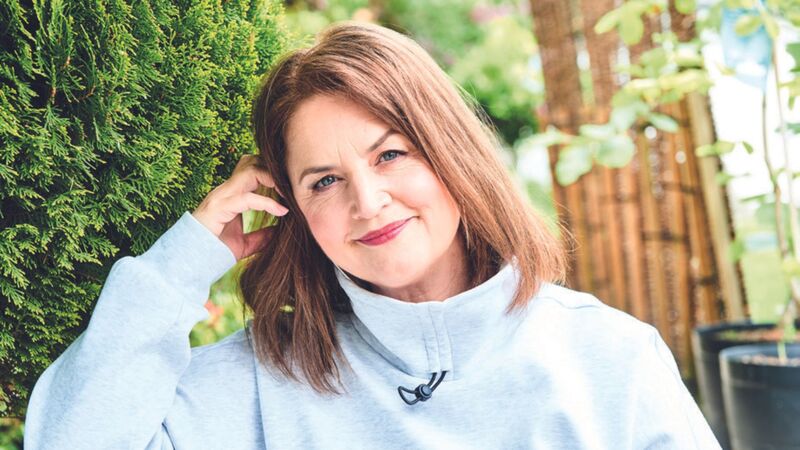You are viewing your 1 free article this month. Login to read more articles.
John Murray Press bags Welsh author Dawson’s queer coming-of-age début
Rachel Dawson’s début novel Neon Roses, “a heartwarming, funny and a little bit filthy queer coming-of-age story with a cracking 1980s soundtrack”, has gone to John Murray Press.
Becky Walsh, senior commissioning editor, acquired British Commonwealth rights to the novel from Imogen Morrell at Greene & Heaton, for publication in hardback, e-book and audio in May 2023.
Dawson is a lesbian, working-class Welsh writer. In 2020 she was awarded a bursary by Literature Wales, which enabled her to write the novel, which spans the Valleys to the nightclubs of Cardiff, London and Manchester.
The synopsis reads: “Eluned Hughes is stuck. It’s 1984 in a valley in south Wales: the miners’ strike is ravaging her community; her sister’s swanned off with a Thatcherite policeman; and her boyfriend Lloyd keeps bringing up marriage. And if they play ‘99 Red Balloons’ on the radio one more time, she might just lose her mind.
“Then the fundraising group Lesbians and Gays Support the Miners come down from London, and she meets June, a snaggle-toothed blonde in a too-big leather jacket. Suddenly, Eluned isn’t stuck any more – she’s in freefall.
“June’s an artist and an activist, living in a squat in Camden. With June, Eluned can imagine a completely different – and exciting – life for herself. But as her family struggle with the strikes, and her relationship with her sister deteriorates, should she really leave it all behind?”
Abigail Scruby, parental leave cover for Walsh, said: “This novel is a delight on every page. It made me laugh out loud, gasp and reach for the tissues. It’s a brilliantly written story about being young and queer, and trying to figure your life out when everything you know has been turned upside down.”
Dawson said: “I started writing Neon Roses because of a lifelong interest in left-wing politics and 1980s music. I hope readers find Neon Roses a fun, sexy and affectionate look at both Welsh and queer culture. Many themes from the 1980s are relevant now.
“Parallels can be drawn between Section 28 and the current surge of transphobia in the UK, as well as the role of the police and the right to organise collectively. Developing this work has enabled me to have frank conversations with older women in my family about the pressures they experienced while growing up as working-class women.
“I have been enormously fortunate to learn from my queer elders, too. I am, and will always be, inspired by the resilience of our queer ancestors, and the joy of loving other women. It has been a pleasure to work with Becky and Abigail during the editing process. I am looking forward to working with the rest of the John Murray team to bring it to a wider audience.”

















